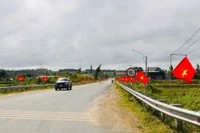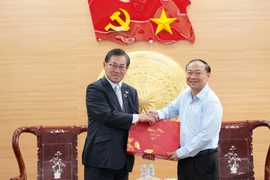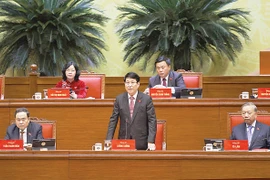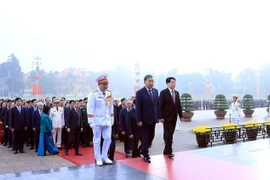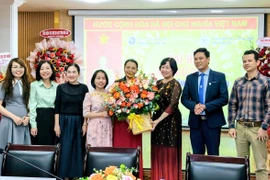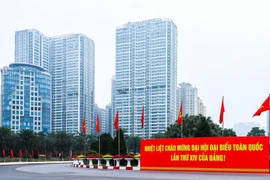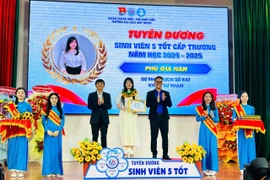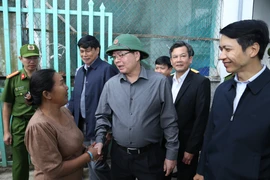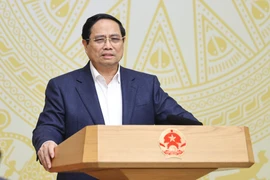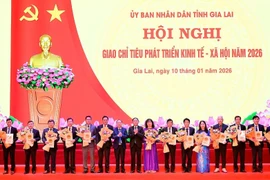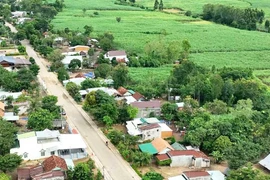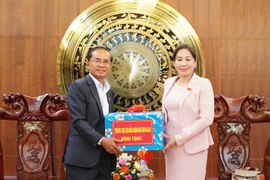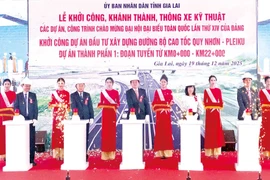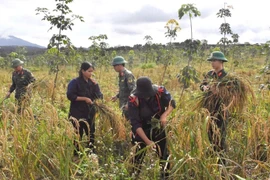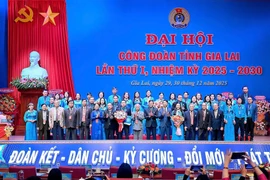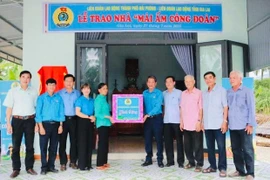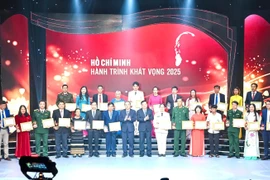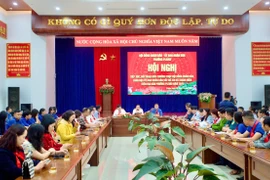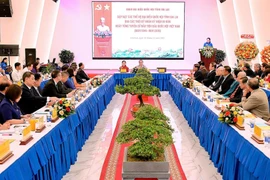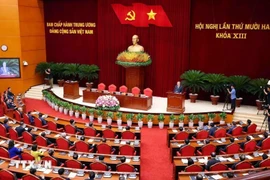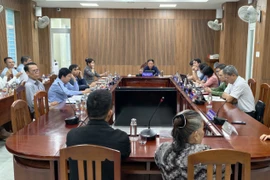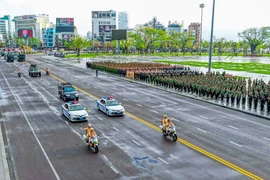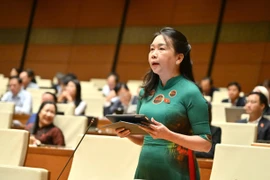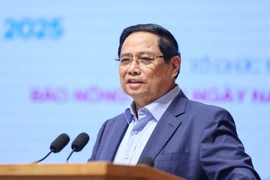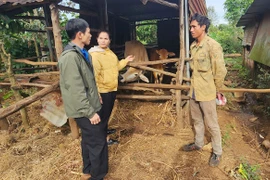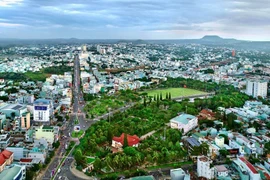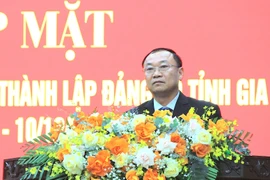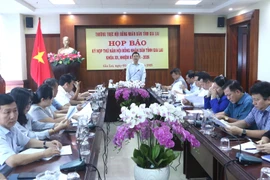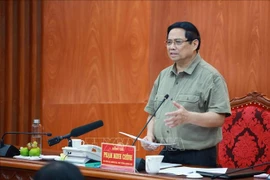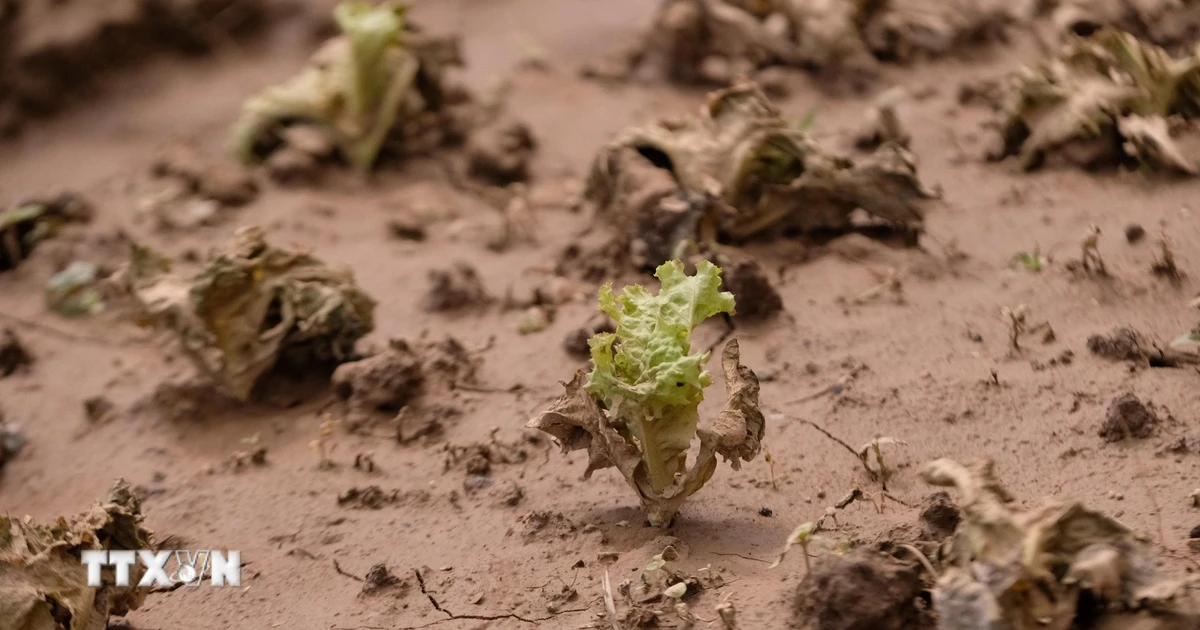The initiative follows Resolution No. 21-NQ/TW, issued on June 16, 2022, by the fifth plenum of the 13th Party Central Committee, which called for stronger grassroots Party organizations and improved member quality. Gia Lai’s Standing Board directed implementation of the models across the province as a practical step toward Party building and rectification.
The models focus on four criteria: fulfilling political tasks, ensuring high-quality meetings, maintaining unity and discipline, and developing exemplary cadres and Party members.
Strong grassroots engagement
Over the past three years, Party cells across Gia Lai have launched emulation movements that have improved organizational activities and deepened ties with local communities.
The Party Cell of Vĩnh Liêm residential group in Bình Định Ward, with 65 members, has been recognized for its regular meetings, thematic discussions, and active communication with residents. Deputy Secretary Trần Văn Châu said the model has enhanced unity and discipline, mobilizing cadres, members, and citizens to build a “cultured, safe, and civilized neighborhood.”
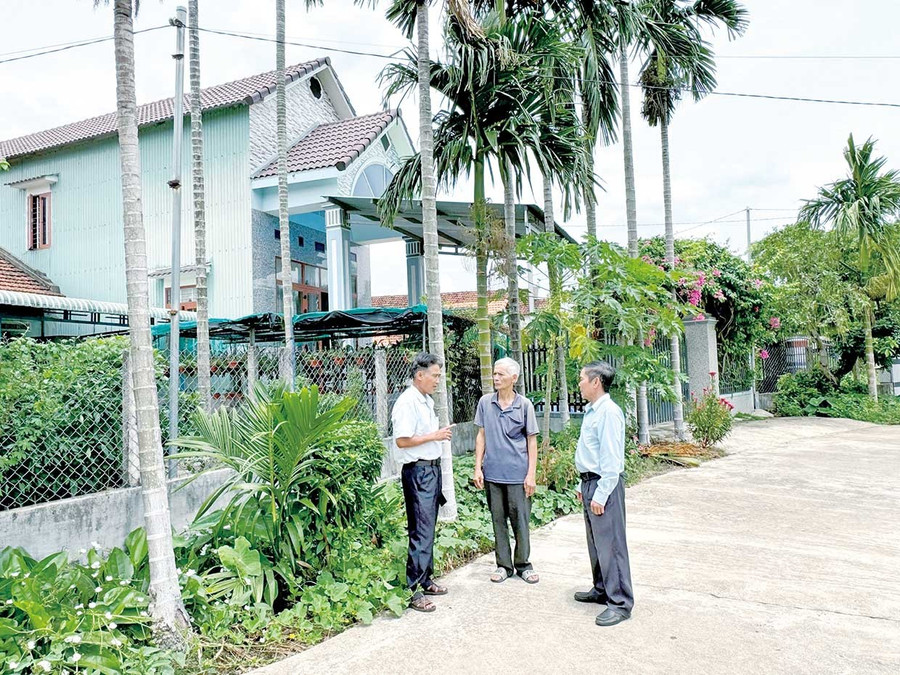
At the Bình Định Ward Party Committee, Secretary Đào Xuân Huy said the effectiveness of Party activities is now a key criterion for evaluating performance. Meeting content has been updated, resolutions improved, and efforts made to strengthen committees, recruit new members, and reorganize grassroots organizations.
Meanwhile, the An Nhơn Nam Ward Party Committee emphasized that cadres and members must lead by example, linking self-improvement with political tasks while studying and following Hồ Chí Minh’s ideology and ethics.
In Thọ Lộc 1 residential group, with 63 members, each Party member is responsible for a group of households to ensure timely communication and mobilization. Secretary Phan Châu Tuấn said the cell has excelled in maintaining sanitation, security, and poverty reduction support. The group has been rated “cultural residential group” for five consecutive years, with 95–98% of households recognized as “cultural families.”
Innovation in remote areas
In Kon Giọt 1 Village, Bình Phú Commune, all 47 Party members attend monthly meetings prepared with clear agendas and democratic discussions. Secretary Đinh Ướp said this approach has made meetings more dynamic and effective, boosting awareness and leadership roles.
The cell has mobilized residents to support new rural development programs, raising rice yields to more than 6 tons per hectare, 1.5 to 2 times higher than before, while expanding 100 hectares of economic forests, livestock farming, and sustainable poverty reduction.
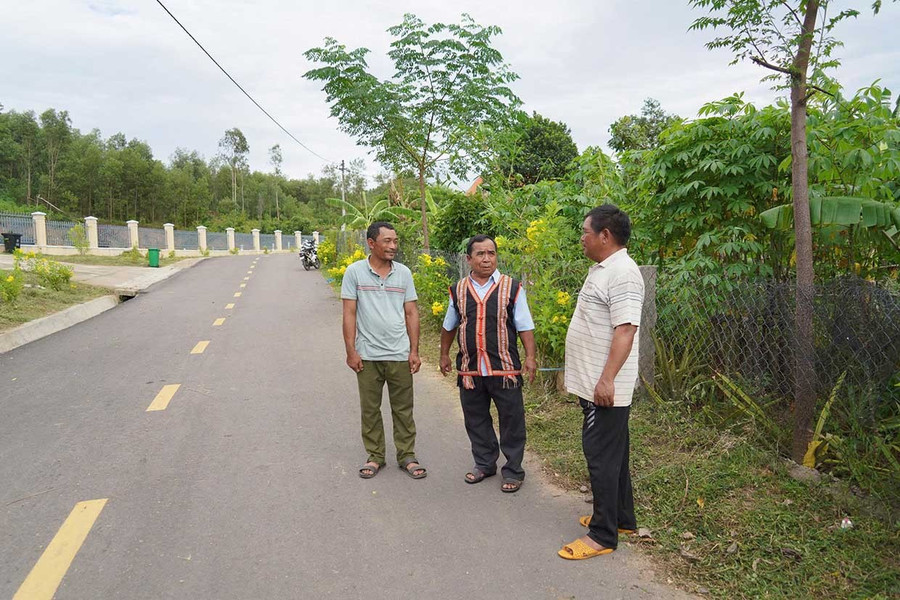
Building trust in the Party
According to Mai Việt Trung, Member of the provincial Party Standing Committee and Head of the provincial Party Committee’s Organization Board, the “four-good” models are a vital tool for improving leadership capacity and organizational strength under Resolution No. 21-NQ/TW. He said the movement has been embraced across the province, with creative and practical approaches contributing to a cleaner, stronger political system.
“Hồ Chí Minh taught that the Party cell is the foundation of the Party. If the cell is good, everything will be good,” Trung emphasized. “When grassroots Party cells are strong, the Party is strong, and with a strong Party, the cause of national construction and defense will succeed.”

